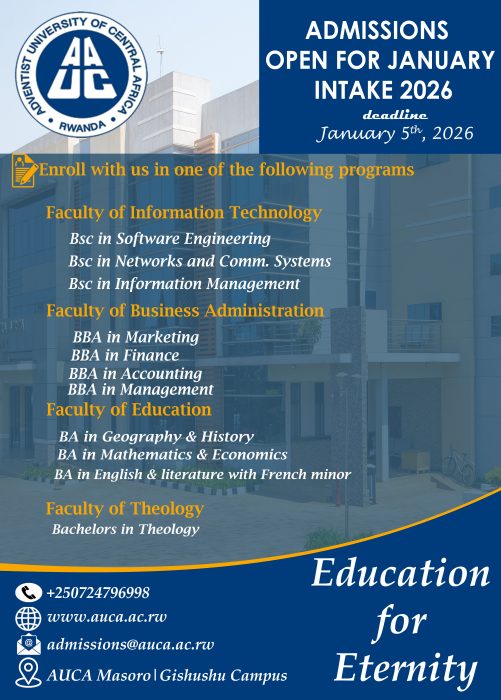Description of Modules in Curriculum, Teaching and Supervision
EDCI 9214 Process of Curriculum Development 10 Credits This Module describes the foundations of curriculum (historical, philosophical, sociological, psychological, spiritual, pedagogical, and technological foundations). It is also designed as a comprehensive introduction to the components of curriculum development. It examines the process and product aspects of curriculum for schools. Students will learn the basic theory and skills of conceptualizing, designing, constructing, implementing, and evaluating curriculum. The Module will include issues of curriculum change, and the roles of curriculum participants and specialists in all curriculum activities. Students will create original curriculum documents within a limited scope.
EDCI 9222 Classroom Management 10 Credits The Module reviews why classroom management matters, preventing management problems by focusing students on learning (arranging classroom space, computers in the classroom, visibility of and interaction with students, spatial arrangements unique to grade levels or subjects, establishing daily procedures and routines, establish classrooms rules, pacing and structuring lessons and activities, choosing tasks at the appropriate levels of difficulties, providing moderate amount of structure and detail, managing transitions, maintaining the flow of activities), communicating the importance of learning and positive behavior, giving timely feedback, maintaining accurate records, communicating with parents and caregivers, responding to students misbehavior, ignoring misbehaviors, gesturing non verbally, natural and logical consequences, conflict resolution, keeping management issues in perspective, strategies of classroom management.
EDPS 9223 Instructional Design and Theories of Learning 10 Credits This Module examines the major theories of learning. Discussion includes individual differences, the nature and types of learning, the nature and relationship of theory and practice, the connectionist’s theory of learning and its implications on educational practice, the behavioristic theory of learning and its implications to educational practice, gestalt theory of learning and its implications for educational practiced, the progressivist theory and its implications to teaching and learning, theories of transfer, theories of individual differences and the implications to teaching, theory of intelligence and its implication to learning, theory of personality and its effect on teaching, modelling theories and their impact on the teaching and learning process. General learning principles and their implications in teaching and learning process. The Module will also describe the instructional models, current issues in curriculum and instructions. The Module will also include different strategies to engage students (what does students engagement mean, engagement and motivation, engagement and active learning, promoting synergy between motivation and active learning, from theory to practice), tips and strategies for fostering motivation ( tips and strategies for promoting active learning, for building community, for ensuring students are appropriately challenged, for promoting who wholistic learning,), students engagement techniques in learning Module-related knowledge and skills (knowledge, skills, recall, and understanding, analysis and critical thinking, synthesis and creative thinking, problem solving application performance for eg: jigsaw, field trips), techniques for developing learners attitudes, values and self-awareness (attitudes and values, self-awareness as learners, learning and study skills)
EDCI 9224 Curriculum Theory, Design and Development 10 Credits This Module surveys issues involved in curriculum development. Topics discussed include curriculum planning and development as a response to economic, social, political needs of a society. The meaning and focus of the vision, mission, philosophy, goals, objectives, strategies, threats, and opportunities of school curriculum. National oriented and community-oriented curriculum. Curriculum design and distance learning. Curriculum design and on-line learning. Curriculum design and quality control in centralized and decentralized systems of education. Involvement of stakeholders such as parents, students, and manufacturers in curriculum planning and design. Curriculum design as an academic exercise or business-oriented venture. Quality control and distance learning. Evaluation of curriculum online, distance learning and classroom learning.
EDCI 9225 Curriculum Change, Innovations, and Evaluation 10 Credits This Module will explore the context of curriculum change, strategies of evaluation, planning and implementing, factors affecting change, teacher as an agent of change, definition of change, definition of innovation, sources of changes and innovation, context of curriculum change, types of curriculum change, participative problem solving, planned linkage, coercive strategies, model of curriculum change and innovation (Research development and diffusion model, problem solving model, social interaction model), innovation process and planning. The Module will also look at the plan for curriculum evaluation, objective of evaluation, curriculum description, and evaluation design.

